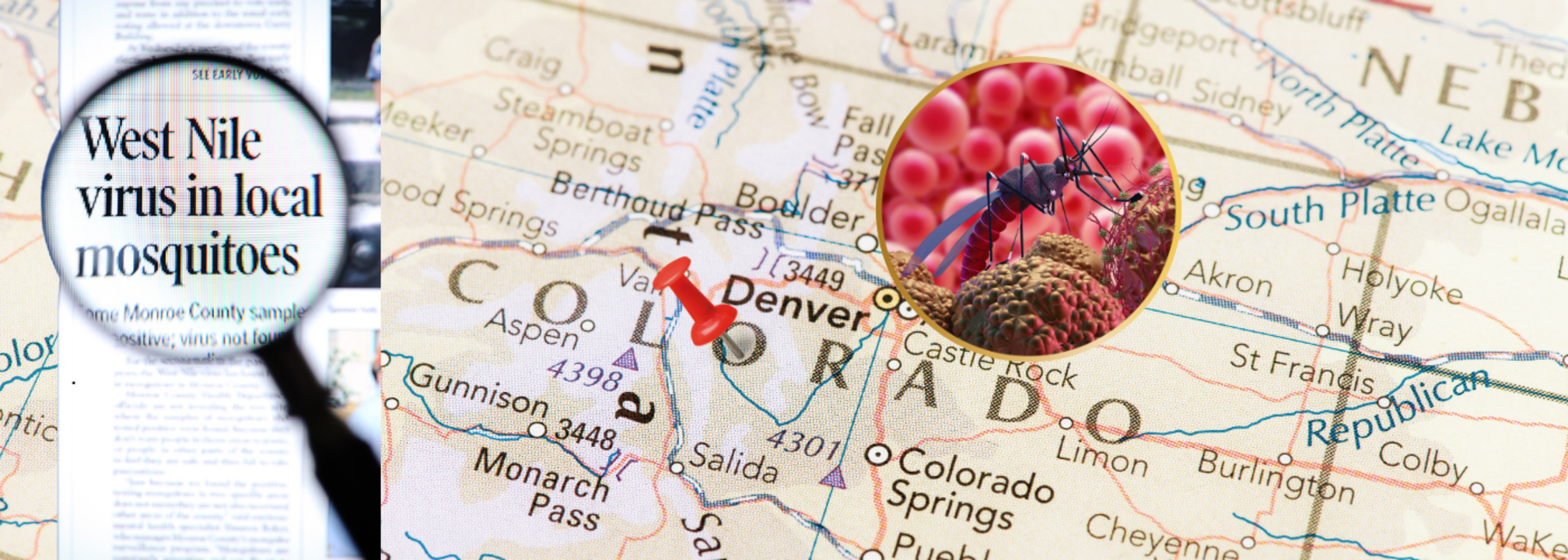West Nile Virus Spotted In Weld County Mosquitoes, Here’s What You Need To Know

Credits: Canva
SummaryMosquitoes in two Weld County zones have tested positive for West Nile Virus, though no human cases have been reported yet. Health officials urge precautions as mosquito activity increases with the summer heat.
End of Article
